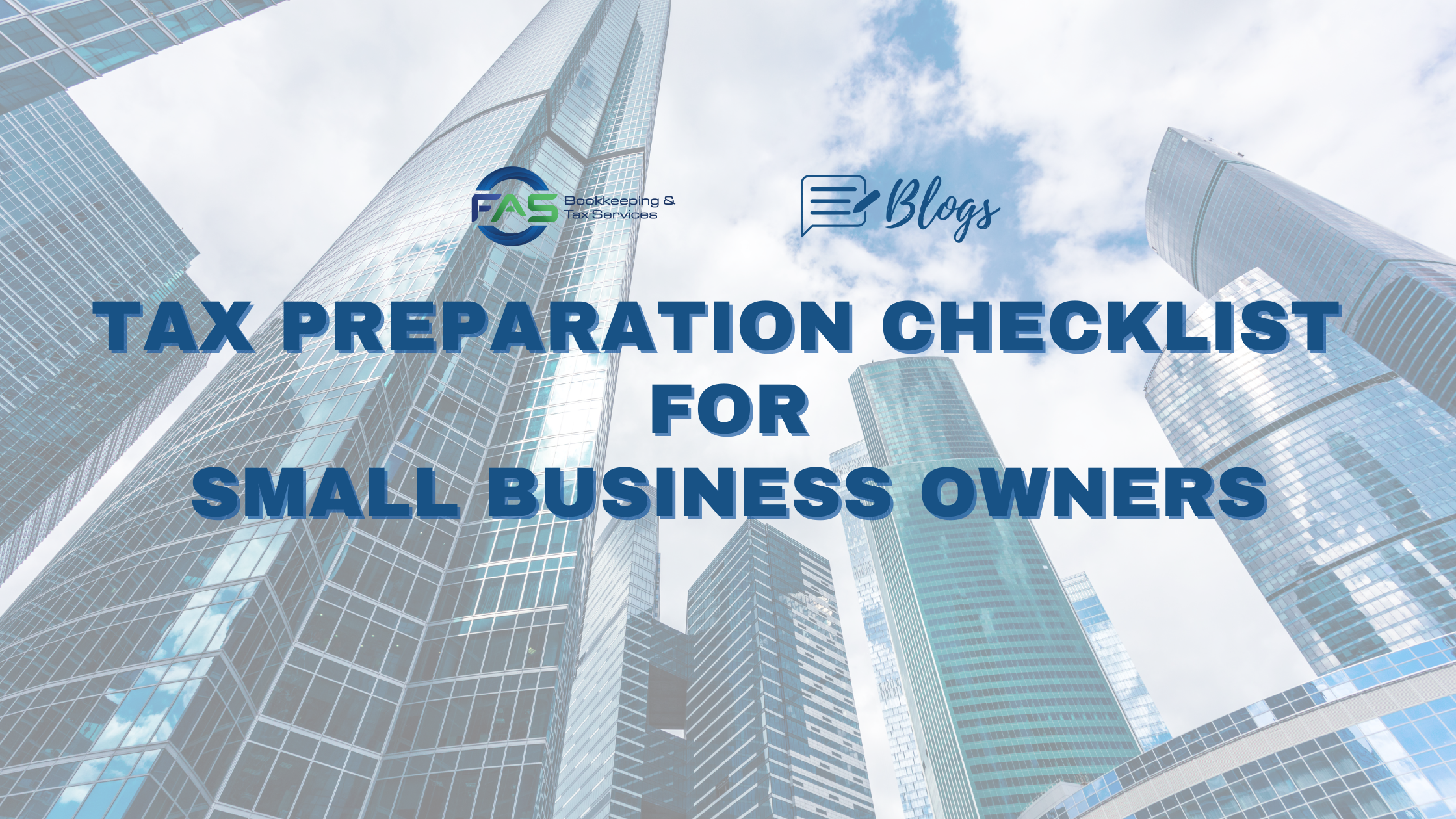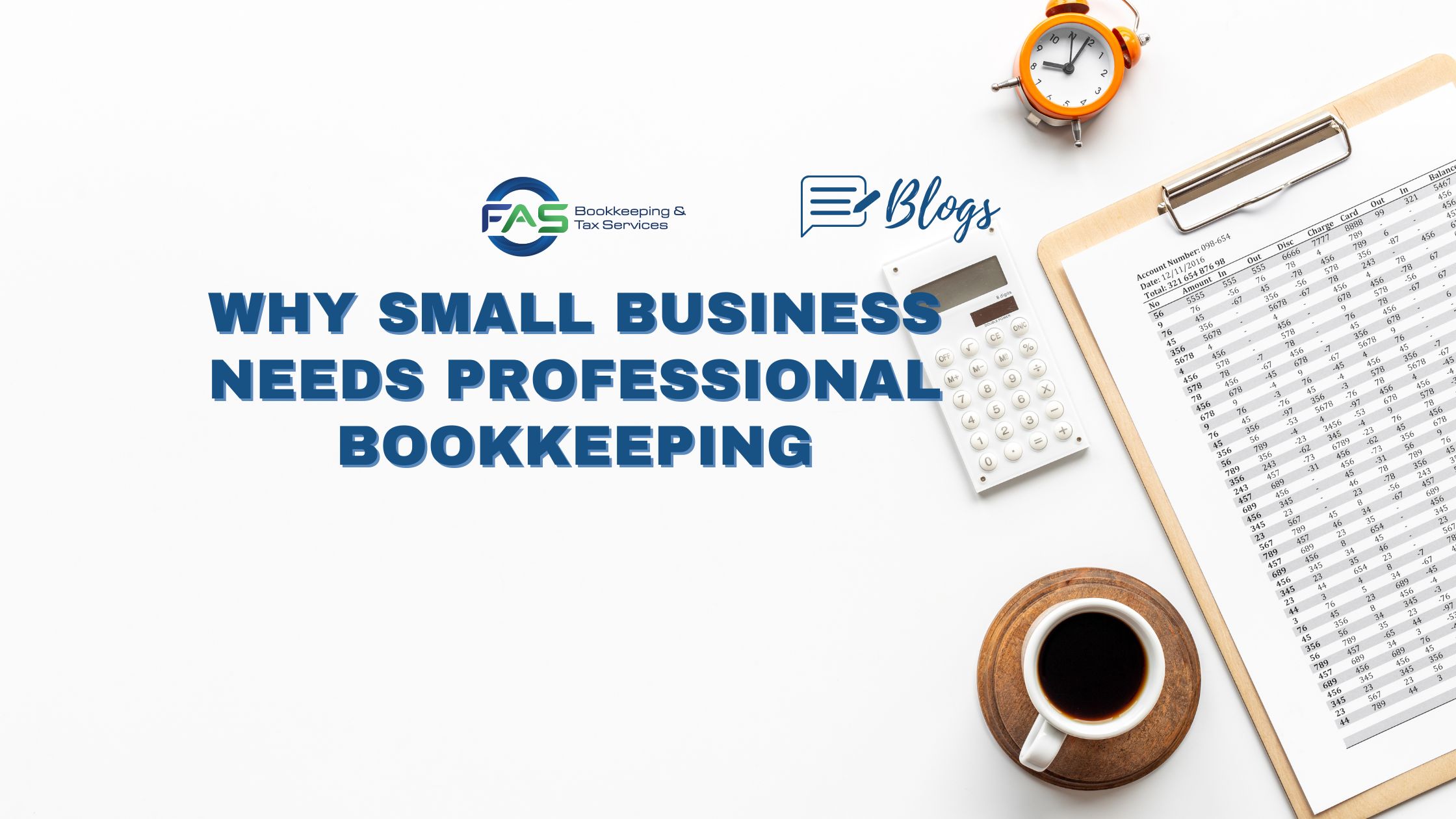The gig economy, also called sharing or access economy, is defined by activities where taxpayers earn income providing on-demand work, services, or goods. This type of work is often carried out via digital platforms such as an app or website. There are many types of sharing economy businesses including two of the most popular ones: ride-sharing, Uber and Lyft, for example, home rentals such as Airbnb, and TaskRabbit.
If taxpayers use one of the many online platforms to rent a spare bedroom, provide car rides or other goods or services, they may be part of the sharing or gig worker economy. If so, there are several things taxpayers should keep in mind.
Income is Taxable
Income from these sources is taxable, regardless of whether an individual receives information returns. This is true even if the work is full-time, part-time, or a side job or if an individual is paid in cash or if an information return like a Form 1099 or Form W2 is issued to the gig worker. Taxpayers may also be required to make quarterly estimated income tax payments and pay their share of Social Security, Medicare or Medicaid taxes.
Special Rules for Renting Out Your Home
Special rules generally apply if a taxpayer rents out his home, apartment, or other dwelling but also lives in it during the year – this residential rental income may be taxable. For more information about these rules, see Publication 527, Residential Rental Property (Including Rental of Vacation Homes). Taxpayers can also use the Interactive Tax Assistant Tool, Is My Residential Rental Income Taxable, and/or Are My Expenses Deductible? to determine if their residential rental income is taxable.
Worker Classification: Employee or Independent Contractor
While providing gig economy services, the taxpayer must be correctly classified. This means the business or the taxpayer must determine whether the individual providing the services is an employee or an independent contractor. Taxpayers can check out the worker classification page on IRS.gov to determine how they are classified.
This is important because some gig workers may be classified as independent contractors and may be able to deduct business expenses, depending on tax limits and rules. Taxpayers need to keep records of their business expenses. For example, a taxpayer who uses his or her car for business often qualifies to claim the standard mileage rate, which is 57.5 cents per mile for 2020.
Paying Taxes on Gig Income
Since income from the gig economy is taxable, it’s important that taxpayers remember to pay the right amount of taxes throughout the year to avoid owing when they file. An employer typically withholds income taxes from their employees’ pay to help cover income taxes their employees owe. However, gig economy workers who are not considered employees must pay their taxes. There are two ways to do this:
- Submit a new Form W-4 to their employer to have more income taxes withheld from their paycheck, if they have another job as an employee.
- Make quarterly estimated tax payments to help pay their income taxes throughout the year, including self-employment tax.
If you have any questions about the sharing economy and your taxes, help is just a phone call away.





